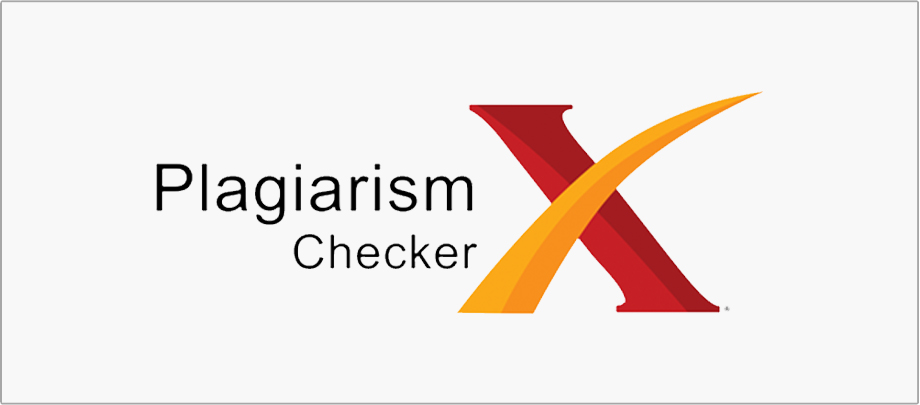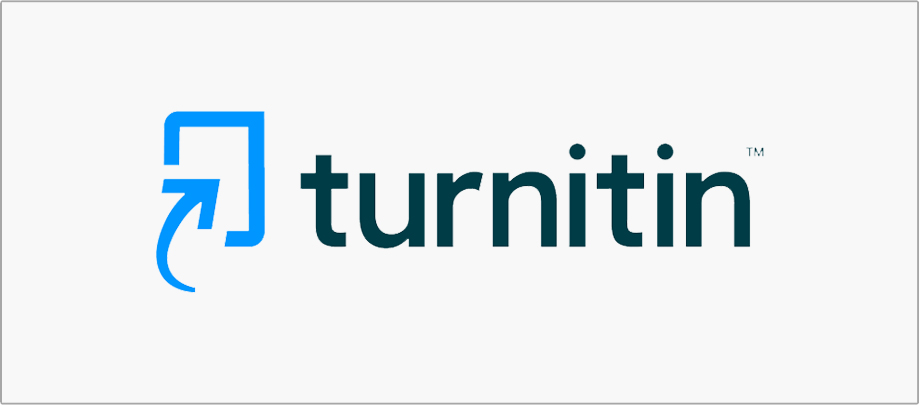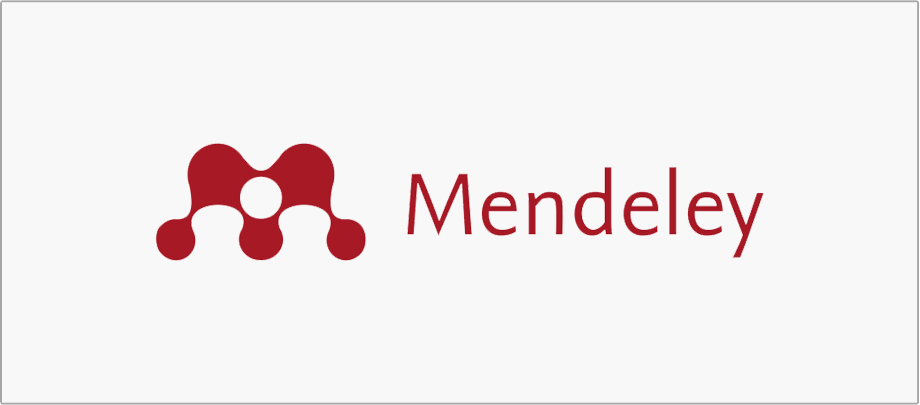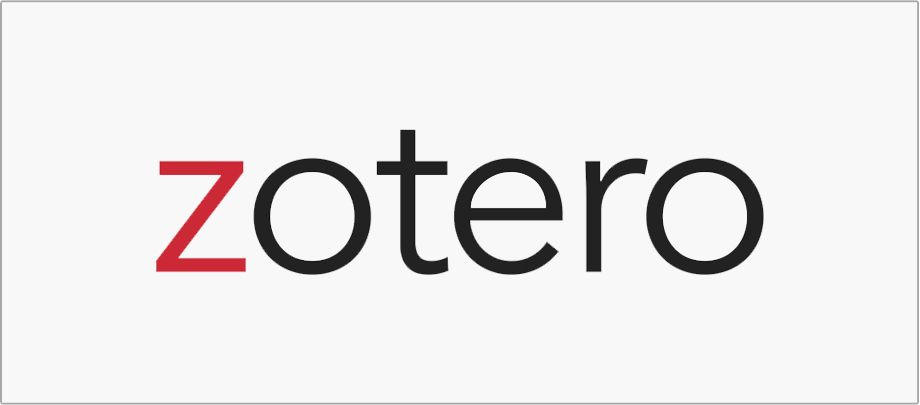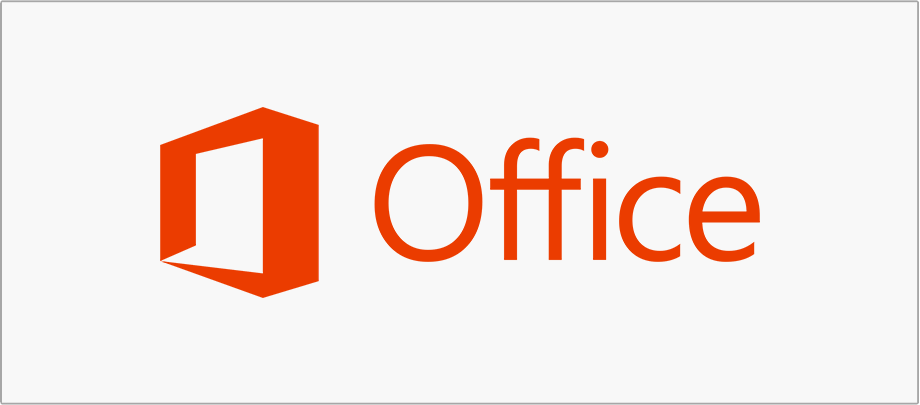Critical Information Literacy in the Post-Truth Era: A Strategy for Facing Information Flow in Indonesia
Abstract
Information literacy in this post-truth era is an important thing that must be understood by the Indonesian society in dealing with the truth and lies of the information obtained. This paper examines through a literature approach about the conception of information literacy in the post-truth era and what strategies must be understood by the information community in Indonesia in dealing with the spread of fake news from various media. This study concludes that critical thinking is an important part of information literacy that must be understood by Indonesian people to face the dynamics of information in the post-truth era. Critical information literacy can help our ability to search, find and use quality information. Thus, the strategy that must be carried out in dealing with the dissemination of information in the post-truth era is to identify the source, check the author, read the entire contents, check the novelty of the writing, check the balance of the information, the authenticity of the information, and always ask the experts when checking the web source.
Keywords
Full Text:
PDFReferences
American Library Association (ALA) Presidential Committee on Information Literacy (1989). Final Report. Chicago: American Library Association.
Bruce, C. (2003). Seven Faces of Information Literacy: Towards Inviting Students Into New Experiences. Retrieved from http://www.bestlibrary.org /digital/files/bruce.pdf
Cooke, N. A. (2018). Fake News and Alternative facts: Information Literacy in a Post-Truth Era. Chicago: American Library Association Editions.
Eisenberg, M., Lowe, C. A., & Spitzer, K. L. (2004). Information literacy: Essential skills forthe information age (2nd edition). Westport, CT: Libraries Unlimited.
Elmborg, J. (2006). Critical Information Literacy: Implications for Instructional Practice. The Journal of Academic Librarianship, 32 (2), 192–199.doi: 10.1016/j.acalib.2005.12.004
Filak, V. F. (ed.). (2019). Convergent Journalism: An Introduction: Writing and Producing Across Media. New York: Routledge.
Gregory, J. (2019). Teaching Disinformation Literacy. Retrieved from https://www.oif.ala.org/oif/teaching-disinformation-literacy/
IFLA (2017). How To Spot Fake News - IFLA in the post-truth society. Accessed at http://www.ifla.org/publications/node/11174
Kuhlthau, C. C (1987). Information Skills for an Information Society: a Review of the Research. Syracuse, NY: ERIC Clearinghouse on Information Resources.
Post Truth (2019). In The Cambridge Advanced Learner's Dictionary & Thesaurus. https://dictionary.cambridge.org/dictionary/english/post-truth
Reitz, J. M. (2004). “Online Dictionary for Library and Information Science.” Accessed at https://products.abc-clio.com/ODLIS/odlis_i.aspx#infoliteracy
Rose, J. (2017), “Brexit, Trump, and Post-Truth Politics”, Public Integrity, 19:6, 555-558, DOI: 10.1080/10999922.2017.1285540
Ruslan, R. (2018). “Web 2.0 and Library 2.0: Designing An Information Literacy Plan in Higher Education. Progresif, 2(2), pp. 291-304. Retrieved from shorturl.at/kzN38
Shapiro ,J.J. and Hughes, S.K. (1996). “Information literacy as A Liberal Art: Enlightenment Proposals for A New Curriculum.” Educom review, 31(2), pp. 31-35.
Statiska (2020). “Penetration of Leading Social Networks in Indonesia as of 3rd Quarter 2019”, Statiska, accessed 4 June 2020, http://statiska.com
Tesich, S. (1992). “A Government of Lies”. The Nation. Retrieved from https://drive.google.com/file/d/0BynDrdYrCLNtdmt0SFZFeGMtZUFsT1NmTGVTQmc1dEpmUC1z/view
UNESCO (2003). The Prague Declaration: Towards An Information Literate Society. Prague, Czech Republic, 20-23 September 2003. Retrieved from http://portal.unesco.org/ci/en/files/19636/11228863531PragueDeclaration.pdf/PragueDeclaration.pdf
UNESCO (2004). “The plurality of literacy and the implications of its policies and programs: UNESCO Education Position Paper”, UNESCO. Accessed at http://unesdoc.unesco.org images/0013/001362/136246e.pdf
Zurkowski, P. G. (1974). The Information Service Environment: Relationships and Priorities. Washington, DC: National Commission on Library and Information Science. Retrieved from http://www.eric.ed.gov/PDFS/ED100391.pdf
DOI: http://dx.doi.org/10.22373/adabiya.v24i1.12325
Refbacks
- There are currently no refbacks.
All papers published in Jurnal Adabiya are licensed under a Creative Commons Attribution-ShareAlike 4.0 International License. |

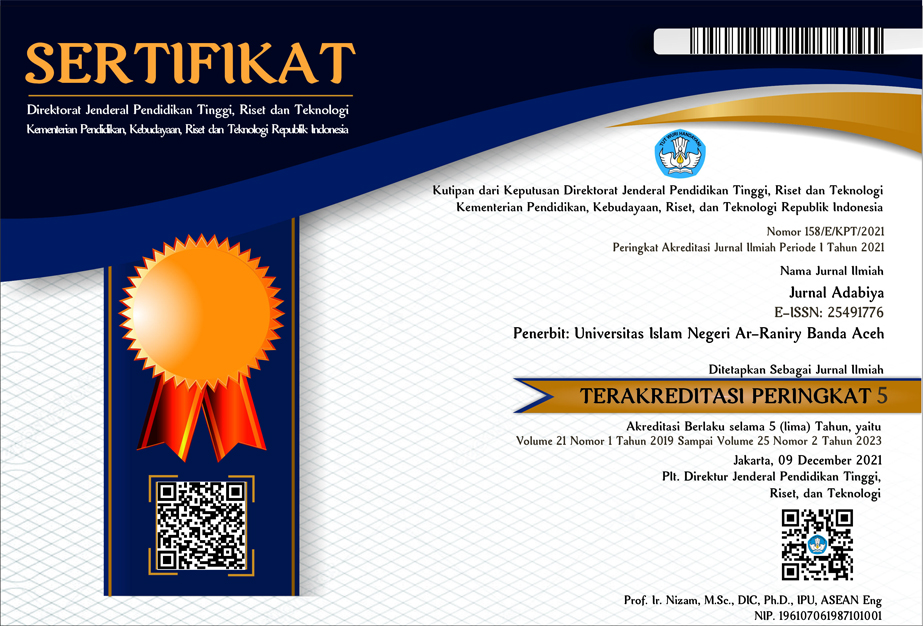
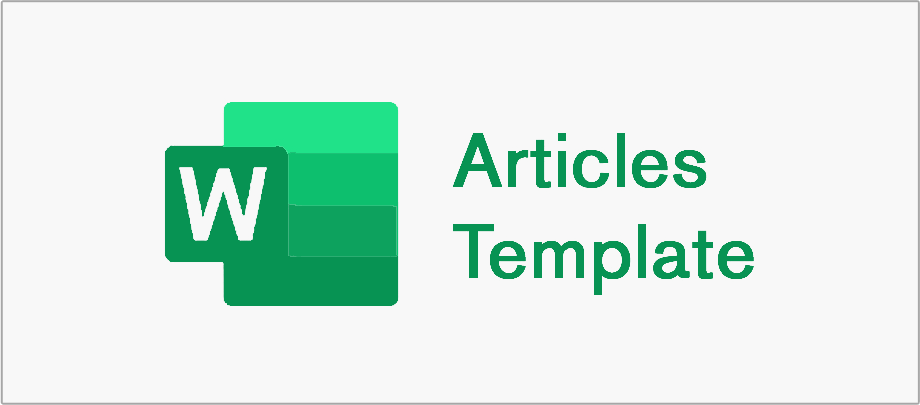

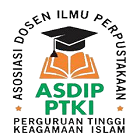

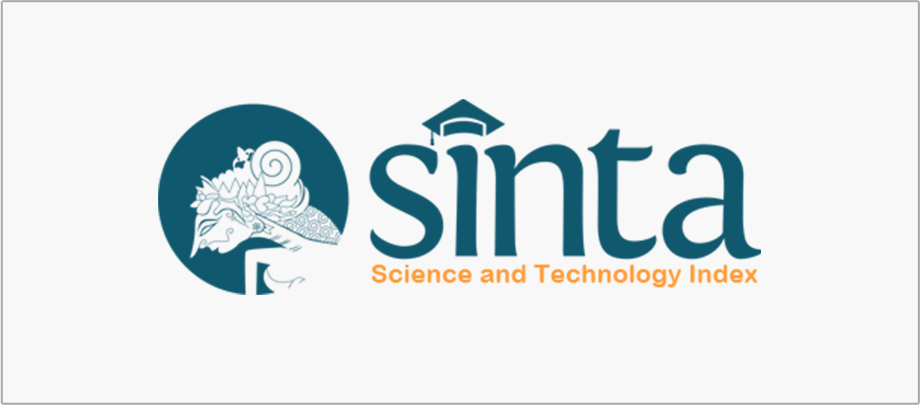
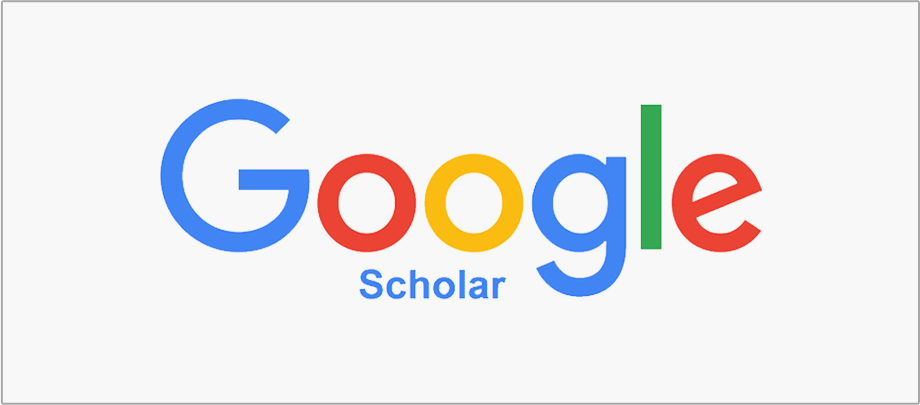
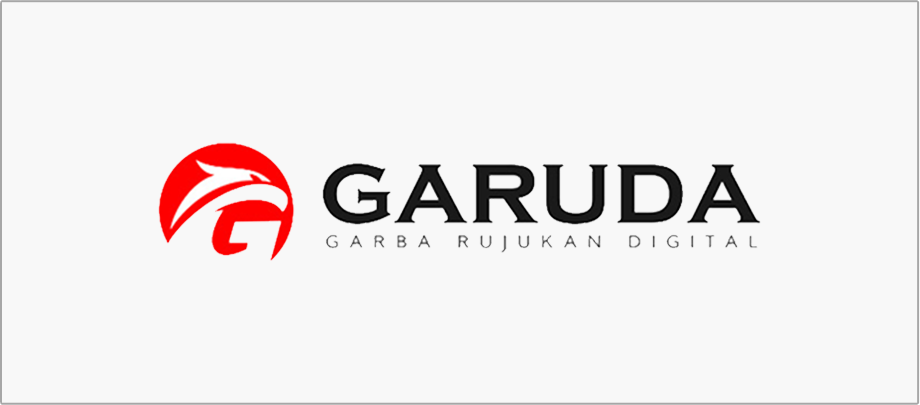
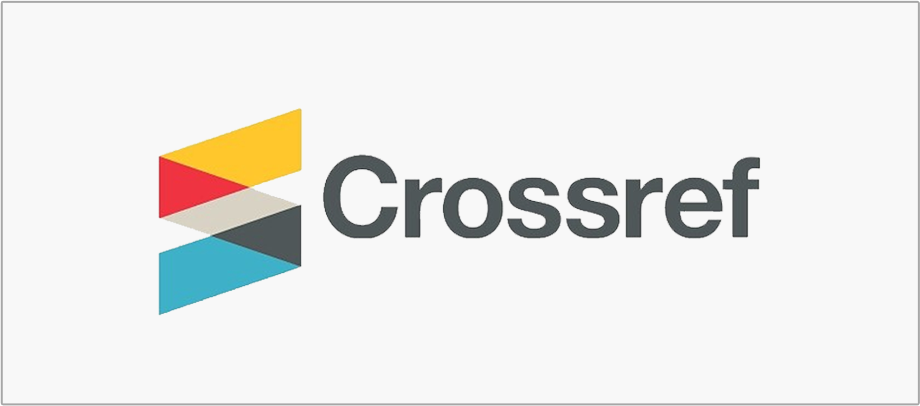
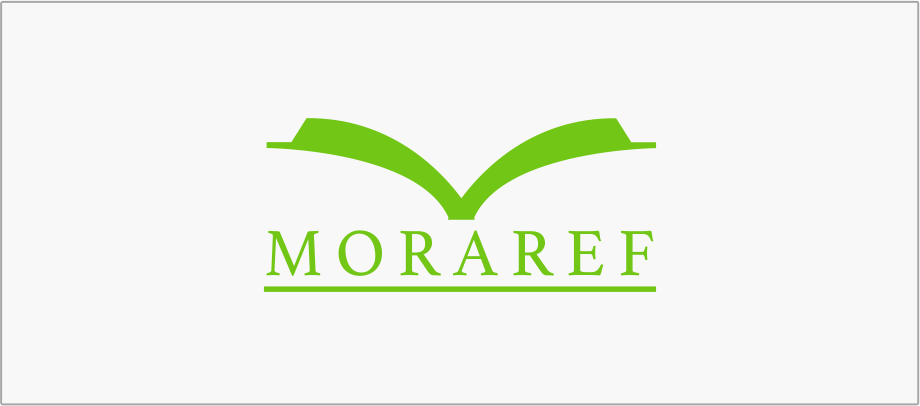
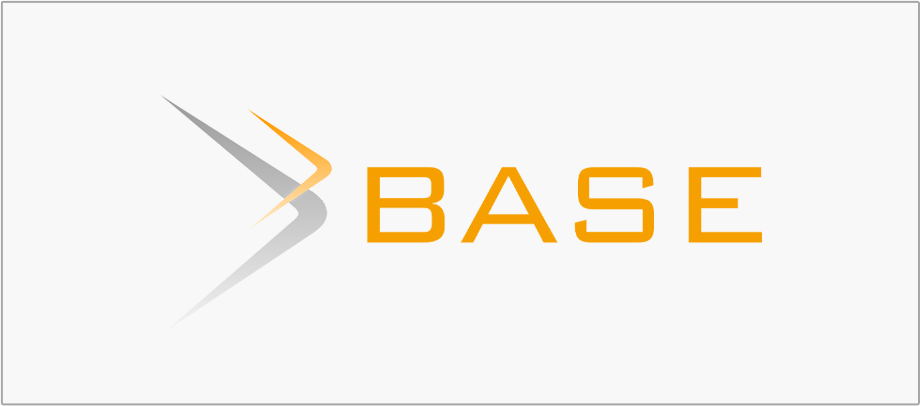
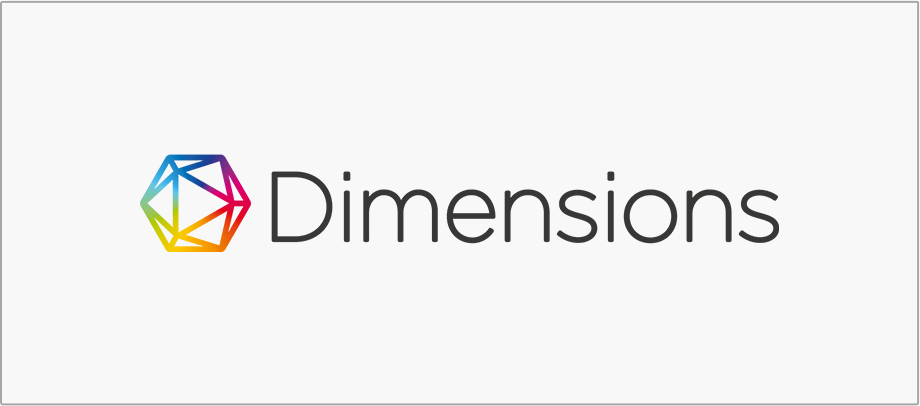
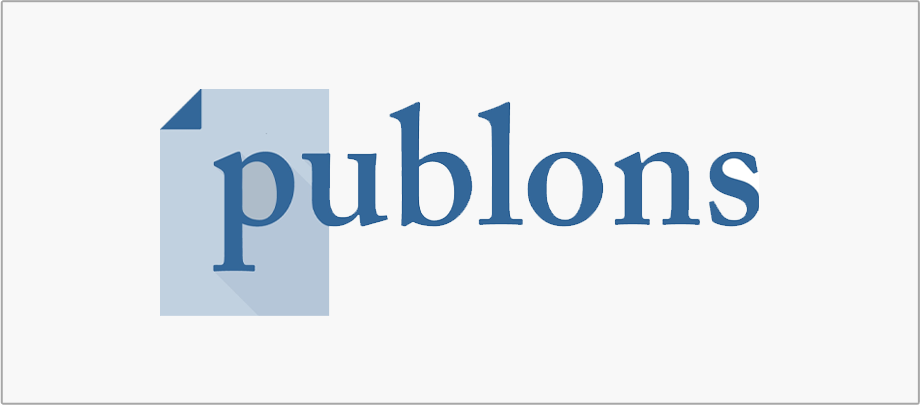

_(4)1.png)
